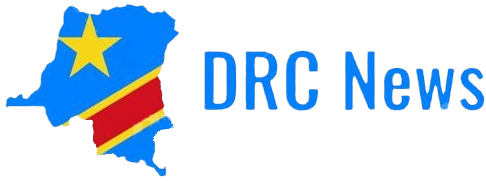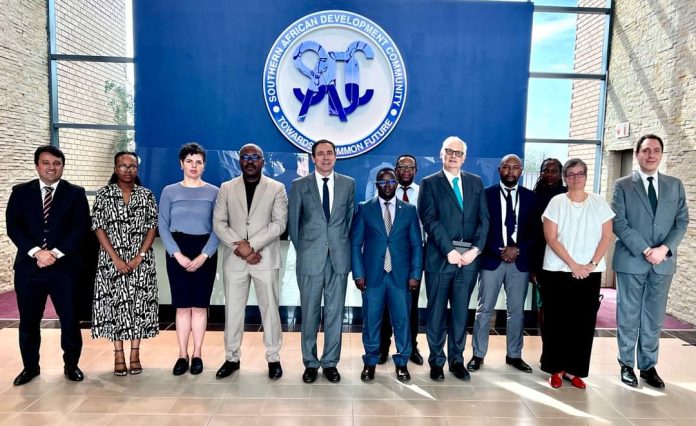The significance of the Democratic Republic of Congo to regional and global geo-politics can’t be overemphasized. In addition to the geopolitics, a healthy economy in the DRC has a spiral impact on the region and vice versa.
In less than two weeks, the DRC will go to the polls with a clear indication that the race is largely between opposition leader Moïse Katumbi and incumbent President Felix Tshisekedi.
In fact, independent polls so far carried out show that Katumbi is leading with an overwhelming majority of nearly 75%.
Tshisekedi’s tour around the vast central African nation have been met with boos and apathy.
Conversely, Katumbi has attracted massive turn-outs with many pledging to make a difference in the ballot.
Even with clear indication that the election is tilting towards the opposition, the government of Tshisekedi is seen to be organizing a fraudulent pathway to victory.
Going by the atmosphere in the country, a result that will be at variance with the people’s choice will plunge the DRC into choas.
We already know how much misery the war in the DRC has brought to the country, the region and the world at large. It’s not in the interest of humanity that bodies such as SADC can continue watching without any action.
The situation is evidently worrying because of the manner the election has been prepared by CENI and if not careful will potentially result in economic, political and social chaos which will spill over to the region.
Despite the red flags, SADC has rather take a pedestrian approach watching as the DRC elections take the form of tribalism and favoritism by those in power.
The CENI is under the leader of a certain Denis Kadima. Kadima is a known friend and ally of president Felix Tshisekedi. The two are also tribesmate from the Kasaï city of Mbuji Mayi.
As if that is not enough, Kadima and Tshisekedi have created a tribal cable that aims to rig the elections to the detriment of a country with 100 million inhabitants.
The are several incidents in addition to the tribal network that raised questions about the organization of the elections.
For instance, the CENI deliberately printed voter’s cards that are fading and have had to reprint some of them. The transparency of the voter register is shrouded in secrecy.
Further, the CENI has not offered an open operating platform for observer missions and created a barrier for the opposition to access sufficient information on the process of the election.
There are reports of third party equipment deployed to manipulate results and voting pattern. All these elements have left the opposition and the population on the edge.
Failure by SADC to help bringbthe situation under the control will be catastrophic. The regional body will have itself to blame should a bloodbath be the out of these fraudulently arranged polls.
The world is watching.


